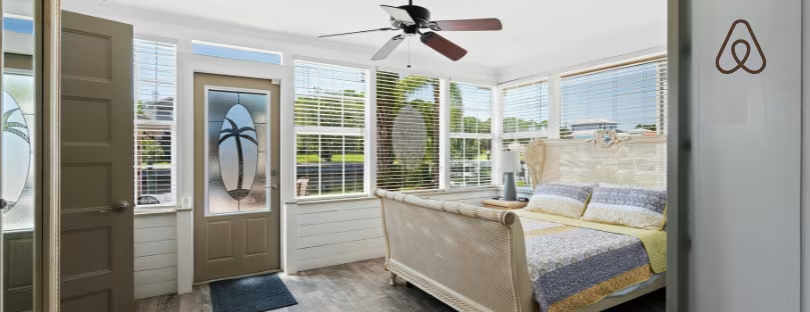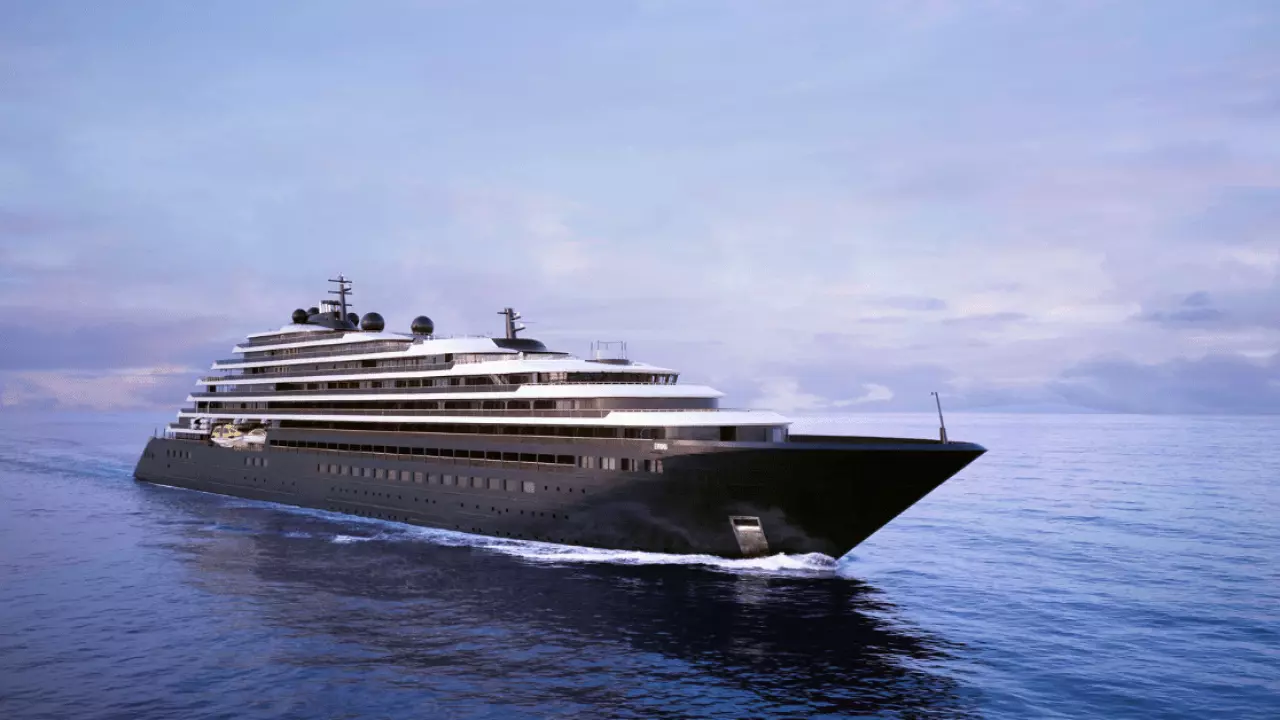
Flying taxis set to shake up travel to Heathrow
Flying taxis are set to shuttle passengers from Heathrow to cities in the south of England for the price of an Uber in just four years’ time, The Mail on Sunday reveal. flying taxi heathrow
Under the plans, passengers arriving at the airport could take an electric air ‘taxi’ to London’s Canary Wharf in just 13 minutes for around £50 per passenger. A similar journey in an Uber costs £46.
An air taxi from Heathrow to Cambridge would take 28 minutes and cost £58 per person, compared to £102 for an hour-and-a-half hour taxi or £52 for a two-hour train journey.
The ambitious project is being masterminded by British firm Vertical Aerospace in partnership with airline Virgin Atlantic and Heathrow.
Vertical Aerospace boss Stephen Fitzpatrick, who previously founded energy supplier Ovo, said he plans to revolutionise Britain’s transport network by launching a fleet of electric air taxis to fly passengers around the UK more quickly and cheaply than by road and rail routes.
Bristol-based Vertical Aerospace estimates that air taxis produce lower carbon emissions per mile than electric vehicles or petrol cars, making them greener than taking an Uber.
In what Mr Fitzpatrick described as a ‘major milestone’ for electric flights, Vertical Aerospace has agreed a partnership with Heathrow to help launch the first air taxi flights from the airport by 2025.
Heathrow is exploring how Vertical’s electric vertical take-off and landing (eVTOL) aircraft could fit into its airlines’ existing flight schedules and help ease congestion on surrounding roads.
Vertical’s four-seater VA-X4 aircraft will shuttle passengers arriving at Heathrow to London and satellite cities including Cambridge, Oxford, Bristol, Southampton and Portsmouth.
The electric air taxis will be operated by Virgin Atlantic, which has ordered up to 150 battery-powered VA-X4 planes and is in talks to launch a Virgin-branded network of electric aircraft from Heathrow, Manchester and Gatwick. Other airlines are expected to follow suit as they look to cut carbon emissions. flying taxi heathrow
As well as airport shuttles, Vertical plans to launch regional air routes opening up new connections across the UK including Belfast to Glasgow, Liverpool to Hull and Aberdeen to Edinburgh.
Its planes can travel more than 100 miles before recharging their lithium-ion batteries and have top speeds of 200 miles per hour, making air taxi flights around three times quicker than car journeys and five times faster than the train.
Company documents show the expected fare for a 50-minute trip from Liverpool to Hull could cost £112 and a 41-minute flight from Cardiff to Plymouth would cost £89. flying taxi heathrow
The electric planes will produce around 5kg of carbon per passenger on a 90-mile flight, compared to 11kg for an electric vehicle and 38kg for petrol cars.
The air taxis will take off and land at ‘vertiports’ housing runways, passenger terminals and charging points, which could be based at airports, rural airfields, motorway service stations or on the rooftops of train stations and office buildings. Inner-city sites could be used for short-distance, on-demand ‘air taxi’ services, hailed by an app.
Mr Fitzpatrick said: ‘This new generation aircraft bridges the gap between communities separated by inconvenient public transport or impassable terrain, facilitating new regional networks. Because, unlike helicopters, they are safe, clean and quiet, they will deliver huge benefits for densely populated cities too – more convenience and less congestion.’
Vertical Aerospace has taken $5.4billion of orders globally for up to 1,350 planes from customers including aircraft leasing giant Avolon, American Airlines and helicopter manufacturer Bristow. Spain’s Iberojet, part of the Avoris tourism group, has ordered up to 100 aircraft that will island-hop between the Balearic and Canary islands.
It expects to be fully certified by 2024 under the stringent EASA safety standards – similar to large commercial airlines and 100 times safer than helicopters.
Its investors include engine-maker Rolls-Royce, industrial giant Honeywell and Microsoft, who are among those who will back Vertical’s $398million fundraise by the end of the year through a $2.2billion listing on the New York stock-market. The firm aims to manufacture 10,000 aircraft by 2031, generating £30billion of revenue.
Investment bank Morgan Stanley estimates the air taxi market will be worth $3.7trillion globally by 2050, when there could be 58,795 flights each year.
Other pioneering firms are California-based Joby Aviation and German aerospace company Lilium.
British entrepreneur Martin Warner is raising $25million to develop the prototype for his Y6S Plus electric vertical take-off and landing aircraft into a fully certified six-seater plane. Once in production, he hopes to launch shuttles on nine routes across Greater London, with three aircraft on each route, before branching out to Paris and the US.
Mr Warner said: ‘Flying cars will no longer be the preserve of sci-fi movies, they will be in the skies above us, using electric power to hover, take off and land vertically. And this will start to happen within the next three to five years.’
Mr Fitzpatrick added: ‘Aviation is on the verge of a new revolution, one set to transform the industry just as Whittle’s jet engines did ninety years ago.’ flying taxi heathrow
Heathrow’s chief strategy officer Chris Annetts said: ‘This emerging technology has the potential to reduce congestion and pollution on local roads, while providing passengers with a best-in-class experience on the cutting edge of modern technology.’








